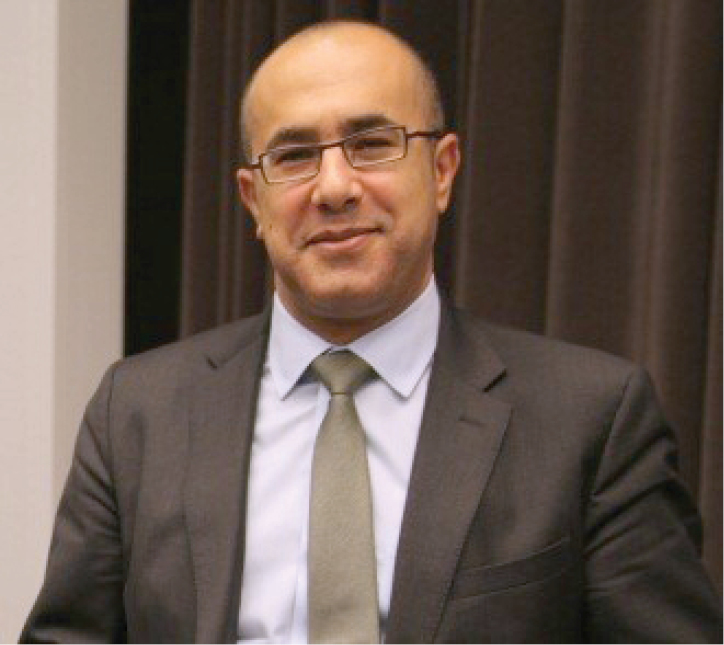'Homeownership is not for everyone'

KUALA LUMPUR (Feb 13): While many Malaysians are complaining that property prices have gone beyond affordability, World Bank director of urban development Dr Sameh Naguib Wahba Tadros, however, points out that homeownership is not meant for all.
“Homeownership is not for everyone. There’s not a single country in the world that has 100% homeownership,” Tadros commented at a panel session on Navigating the Affordable Housing Market in Urban Cities at the World Urban Forum 9 yesterday.
“Usually, you have a homeownership penetration of about 75%, and the rest are rentals for various reasons. Some can afford to be homeowners but by choice want to be renters. Some cannot yet afford to be homeowners because they are at the start of their careers.
“We should, therefore, approach housing with a range of solutions rather than a specific one-size-fits-all policy that doesn’t help everyone equally,” Tadros explained.
Tadros felt that governments should address inefficiencies in the housing market before they start subsidising affordable homes.
“If you start subsidising from the onset before fixing the way the housing system addresses factors such as access to financing, all you would be subsidising are the inefficiencies of the market. Fix the problem first.
“This would then enable governments to use the same amount of money typically used to subsidise housing to reach a much larger number of people,” Tadros said.
Faris H Hadad-Zervos, World Bank’s country manager for Malaysia, concurred, adding that the Malaysian government should now increase efforts to address every aspect of the reform of the housing sector.
“Clearly, access to affordable housing is something that has been expressed by Malaysians as a key priority and I believe there have been some reforms to address this, including efforts by PR1MA (1Malaysia People’s Housing Programme),” said Hadad-Zervos, who was also at the panel session.
“I do believe the government is aware of it. This was something that was expressed in the budget speech last year, but the issue is what happens on a Monday morning and how do all the actors come together to coordinate the reform because there will be a lot of moving parts, and I think that’s an important priority to address,” said Hadad-Zervos.
Meanwhile, World Bank senior housing specialist Dao Harrison highlighted that more consumer surveys should be done to collect detailed data in order to understand the true needs of those who want affordable housing in Malaysia.
Robust assessment should be done every two to three years by third parties in order to provide an objective assessment of the housing situation.
“Why do you think fast-moving consumer goods companies do it [surveys] so often? It helps them assess the right products to sell. The public sector should do this too. As it is, I don’t see them doing this enough,” Harrison commented.
This article first appeared in The Edge Financial Daily, on Feb 13, 2018.
For more stories, download EdgeProp.my pullout here for free.
Follow Us
Follow our channels to receive property news updates 24/7 round the clock.
Telegram

Latest publications
Malaysia's Most
Loved Property App
The only property app you need. More than 200,000 sale/rent listings and daily property news.
